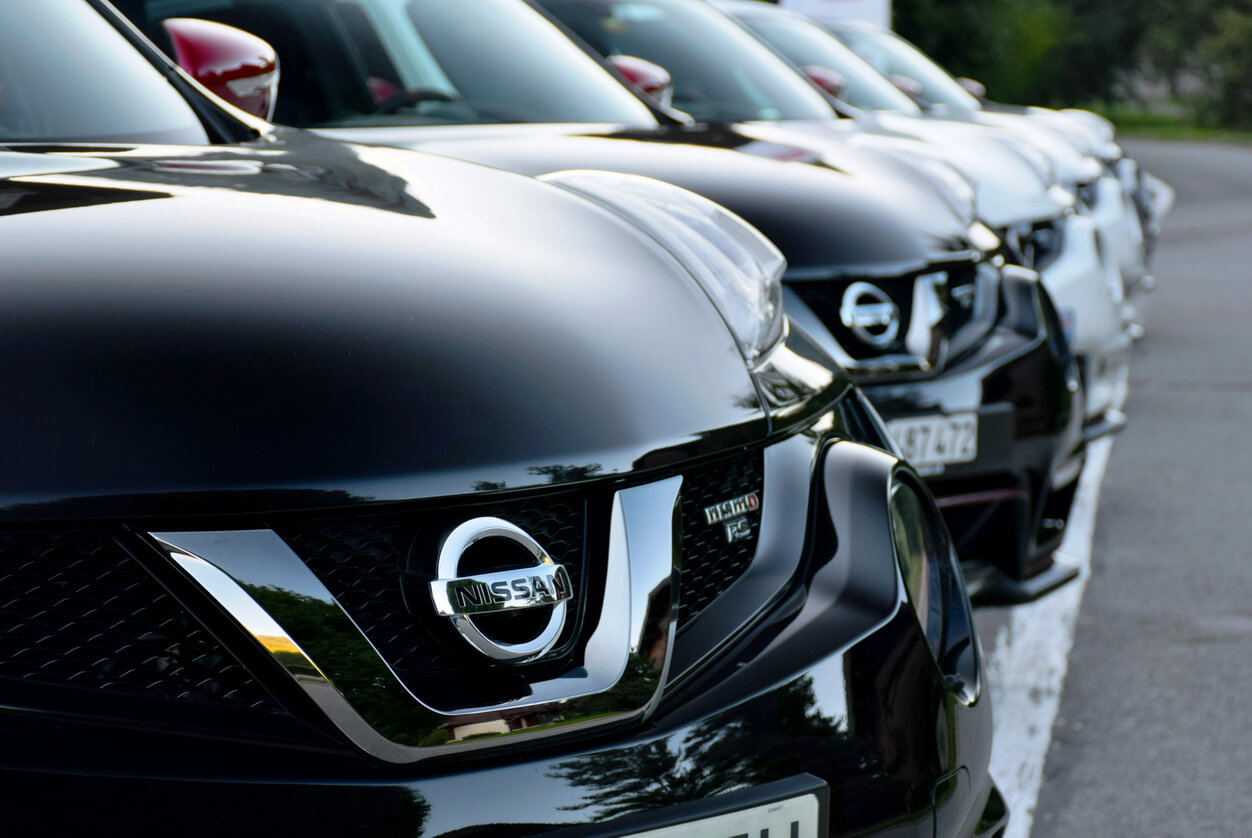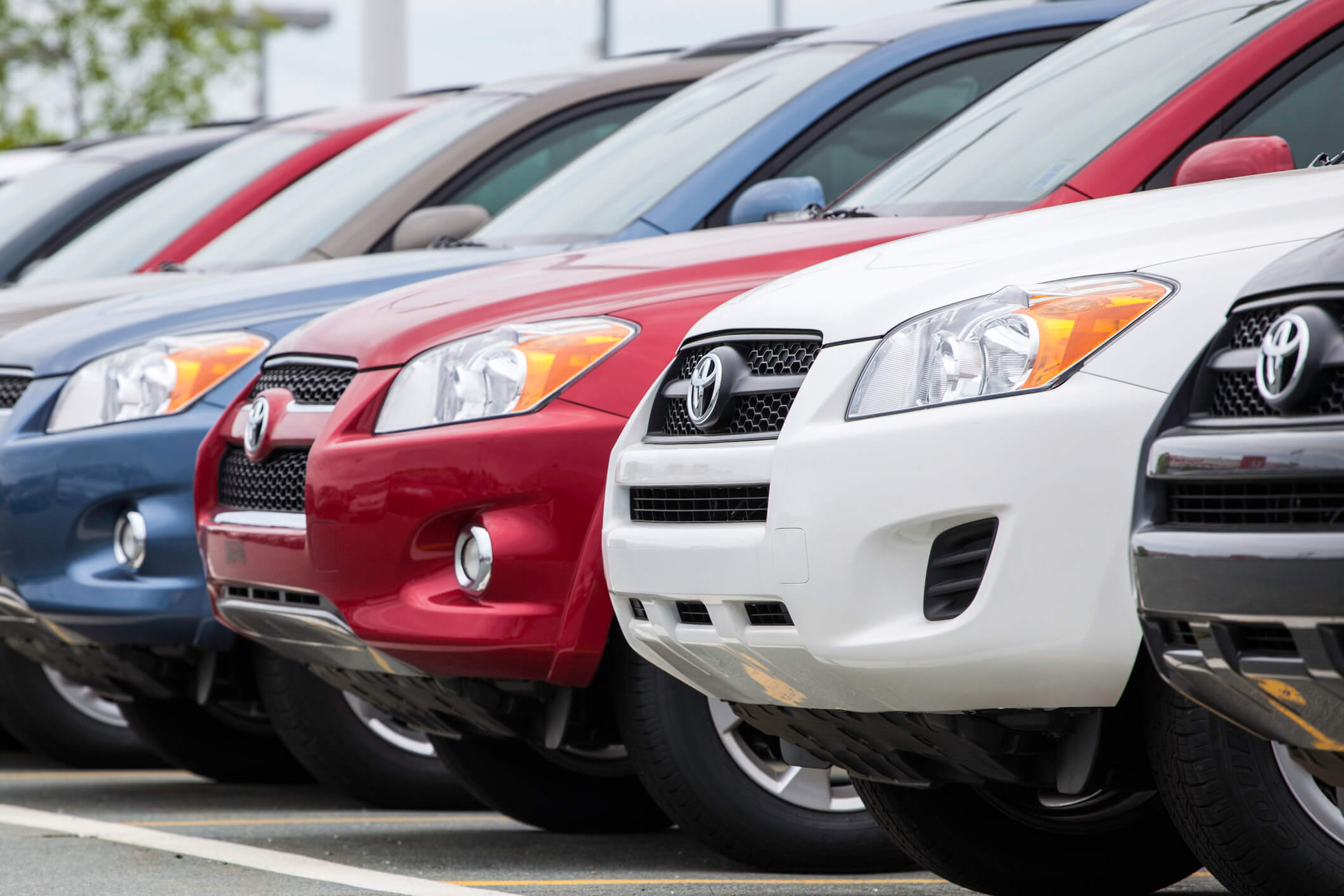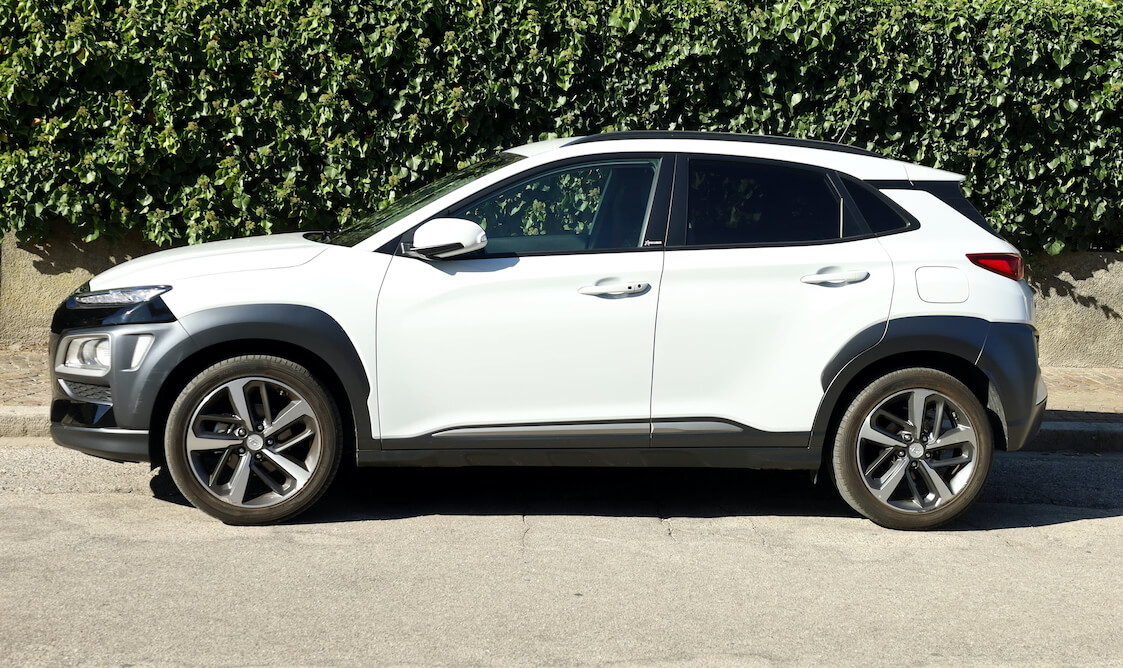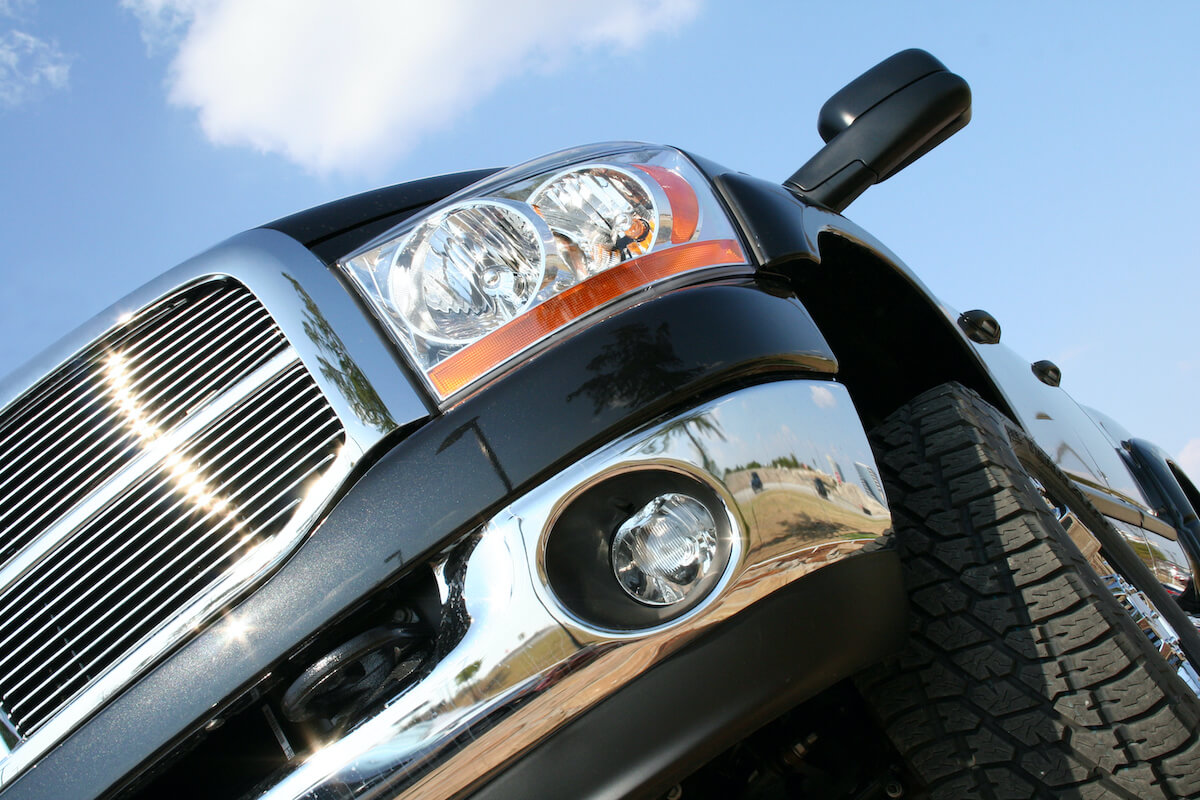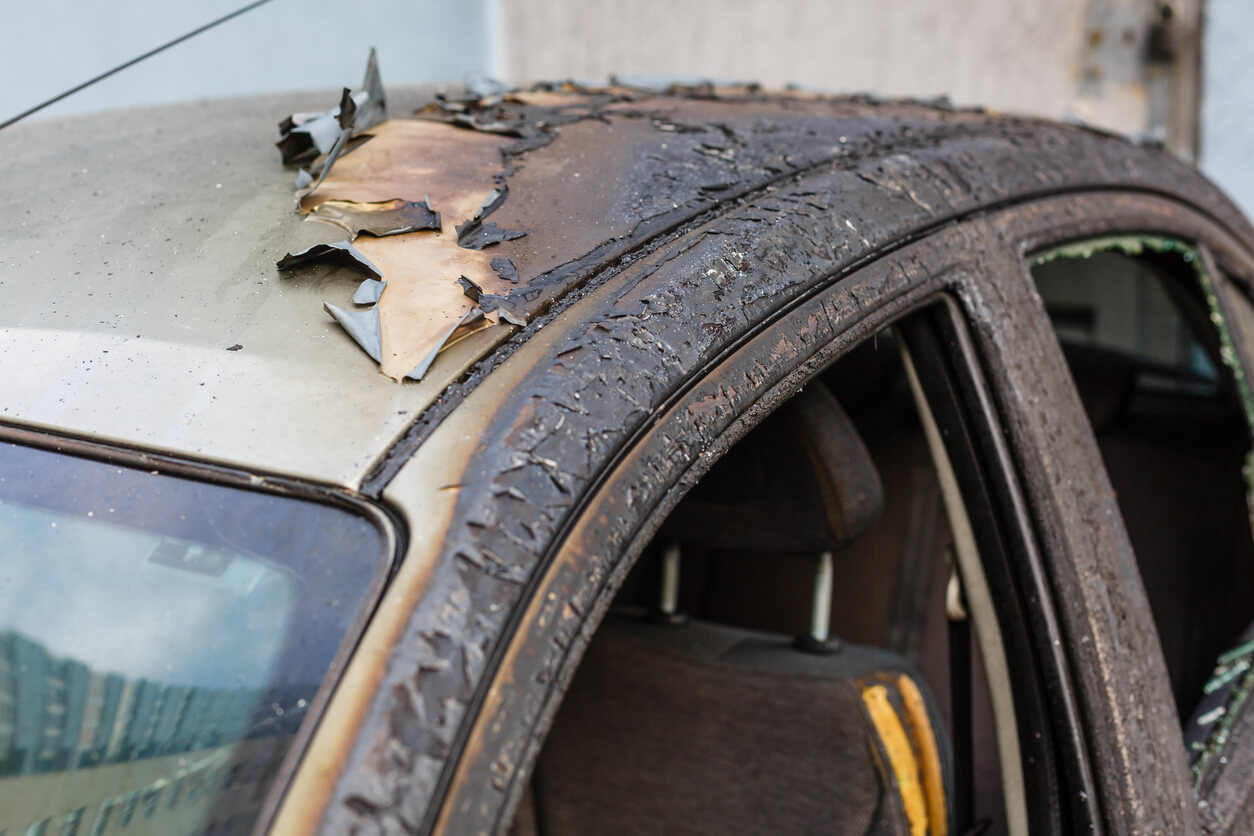A Nissan defective CVT transmission lawsuit settlement has been reached between the automaker and vehicle owners, and the automaker will pay $277.7 million to resolve the defective transmissions claims.
The Nissan class action settlement includes the following vehicle models:
- 2014 to 2018 Nissan Rogue
- 2015 to 2018 Nissan Pathfinder
- 2015 to 2018 Infiniti QX60
The Nissan CVT class action lawsuit was consolidated from five lawsuits: Stringer v. Nissan, Newton v. Nissan, Landa v. Nissan, Lane v. Nissan, and Eliason v. Nissan.
According to the Nissan class action lawsuit, vehicles were equipped with defective transmissions and CVTs used in Nissan Rogues and other vehicles allegedly caused poor transmission performance, shuddering and shaking, and even complete transmission failure.
The plaintiffs who sued claim Nissan knew about the CVT problem for years due to numerous complaints to the company and to the National Highway Transportation Safety Authority (NHTSA). Instead of taking action, Nissan allegedly failed to warn customers or fix the problem.
Nissan owners claim transmission repairs can cost thousands of dollars, and owners and lessees were allegedly forced to pay “exorbitant” costs to repair the CVTs even when the vehicles are covered by warranties.
As part of the settlement agreement, Nissan denies all claims related to the transmissions and denies all allegations of wrongdoing, but has agreed to pay $277.7 million to resolve the claims.
Nissan CVT Lawsuit Settlement
Although Nissan and the plaintiffs agreed to settle the class action lawsuit, a federal judge must still sign off on the terms. However, the proposed CVT lawsuit settlement includes the following.
Nissan CVT Warranty Extension
All settlement Class Members are eligible for a new vehicle limited warranty extension for the transmission assembly (including the valve body and torque converter) and transmission control unit under the Nissan transmission class action settlement deal.
This benefit extends the warranty on Class vehicles by 24 months or 24,000 miles — whichever comes first. For Nissan vehicles, the new vehicle limited warranty covers 84 months or 84,000 miles and for Infinity vehicles, the new vehicle limited warranty covers 96 months or 96,000 miles.
Nissan CVT Reimbursement
Nissan will provide cash reimbursement for owners or lessees who have had to pay for transmission assembly or control unit repairs out of pocket after their warranty expires. If the replacement or repair was performed by a Nissan dealer, the full amount paid will be reimbursed. If the repair or replacement was performed by a non-Nissan dealer, Nissan will reimburse up to $5,000.
However, in both cases, the CVT replacement or repair must have occurred on or within the mileage and time limits of the Nissan warranty extension.
Nissan Vouchers
The Nissan CVT lawsuit settlement also may provide a $1,000 voucher toward the purchase or lease of a new vehicle but the voucher must be used within nine months of the effective date of the CVT lawsuit settlement.
According to the settlement, a customer must choose to receive the voucher or reimbursement, but not both, and must provide any requested documentation to prove they paid for Nissan CVT repairs or replacements.
How Much More Time?
The deadline for exclusion and objection is Feb. 22, 2022. Although the settlement deal was awarded preliminary approval on Oct. 13, 2021, the final approval hearing for the settlement is scheduled for March 21, 2022.
Final Thoughts
If you are an automobile owner and have manufacturing issues, you can contact us regarding your involvement in this potential class-action lawsuit. Serious vehicle problems require serious legal representation, especially when you are bringing a claim against a major automaker. At the Lemon Firm, our experienced California Consumer Attorneys have been able to successfully recover compensation for our clients who were sold a vehicle that did not perform as intended and we can do the same for you. Our experienced attorneys can be reached by calling (833) Lemon-Firm.
